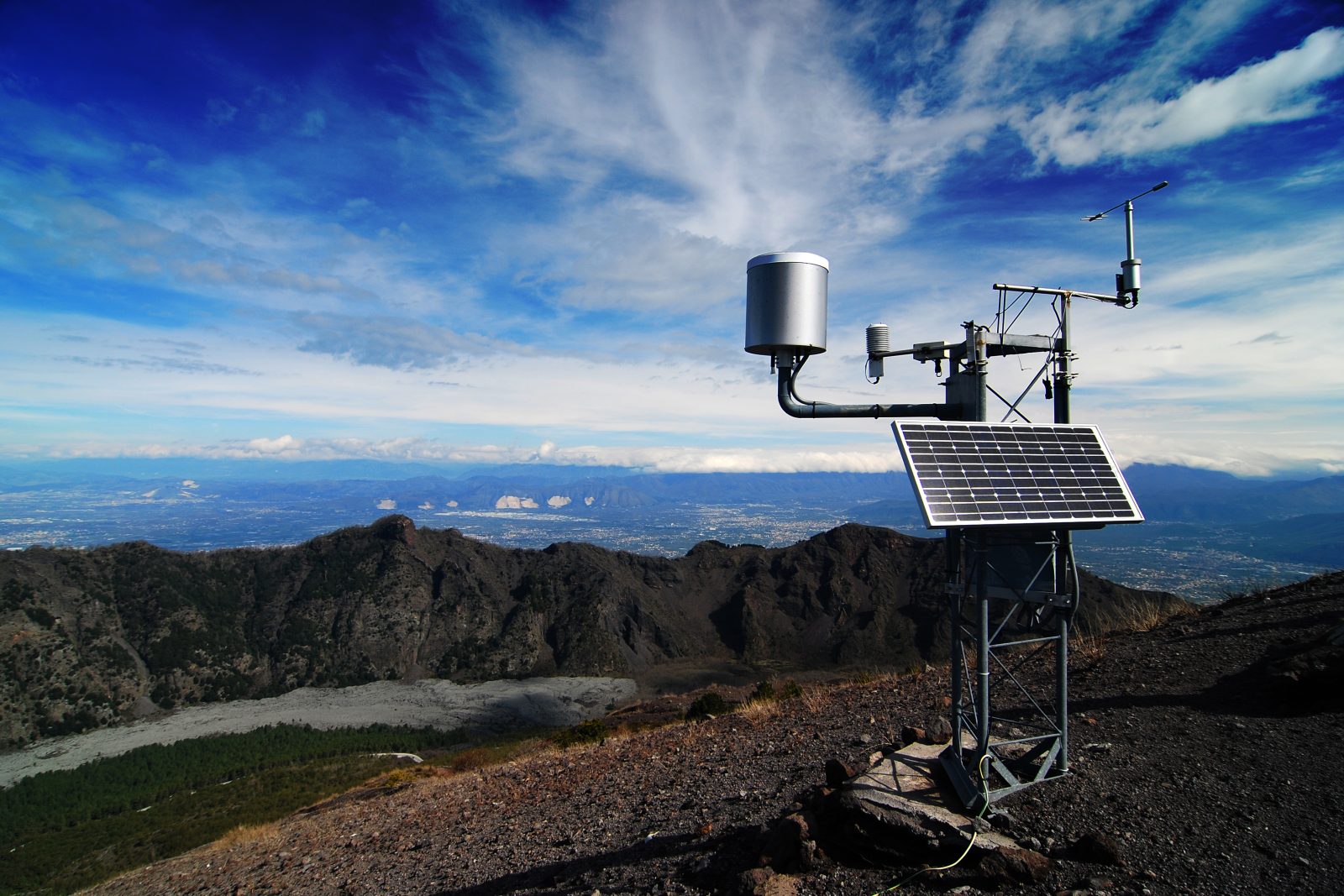Fierce lightning, damaging hail and other extreme weather conditions can have a profound impact on businesses. Individuals who operate recreational, broadcasting, agricultural or retail concerns need to pay special attention to the challenges and opportunities that can arise with a weather event. Weather is correlated to revenue, safety, productivity and a host of other conditions that can alter the bottom line. Considering weather in both disaster and strategic planning makes good sense for any business. A professional weather station can give business owners immediate access to vital information about local weather patterns and activity that will improve efficiency and prepare for both favorable and dangerous weather situations.

What is a Professional Weather Station?
A professional weather station is a real time weather tracker. A collection of weather measuring sensors produces accurate, up-to-the-minute information on weather conditions in the area. The weather station’s console provides readouts on a constellation of important world weather data including wind speed and direction, temperature, relative humidity, barometric pressure and precipitation. More sophisticated models can be equipped with additional sensors and features. Most professional stations also include a programmable alarm system to alert for severe weather conditions. The console can be networked to a personal computer or a phone. Many of these systems require little owner maintenance or attention.
How Are Professional Weather Stations Used?
If exaggerated weather reports have caused you to make a poor business decision, a professional weather station can take the guesswork out of the equation. Accurate predictions allow for appropriate planning. Landscapers, horticulturalists, farmers, construction companies and others who make their living outdoors can benefit significantly. Both current and historical data that is gathered on soil moisture, temperature and rainfall can aid in determining when to begin building or planting. More efficient schedules for pest control and irrigation can also be developed. Teachers and schools can use a weather station as a multifaceted educational tool for instruction in any of the earth sciences as well as for hands-on student projects.
Weather is something we are unable to control, but a weather station makes planning for either favorable conditions or a dangerous event much easier.
























